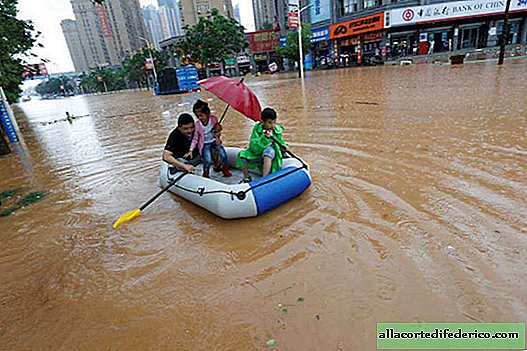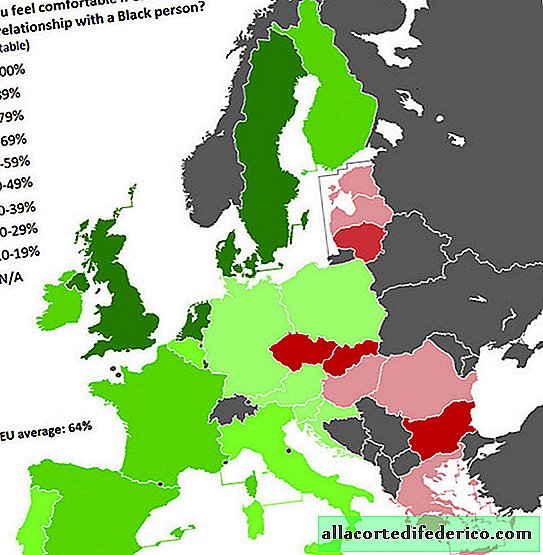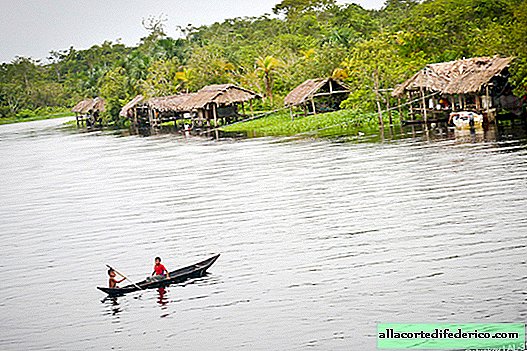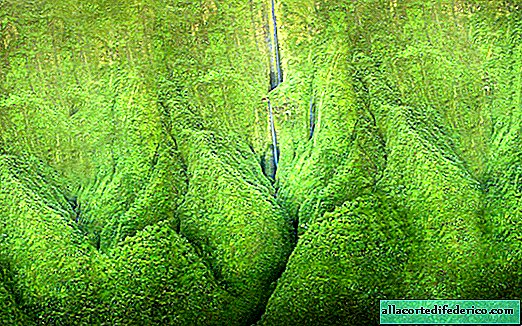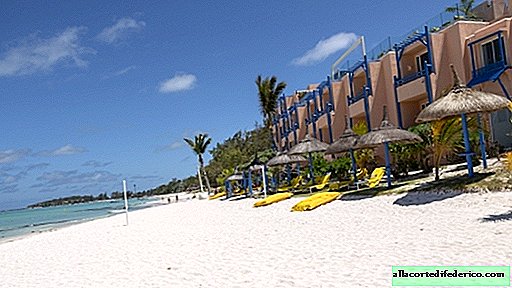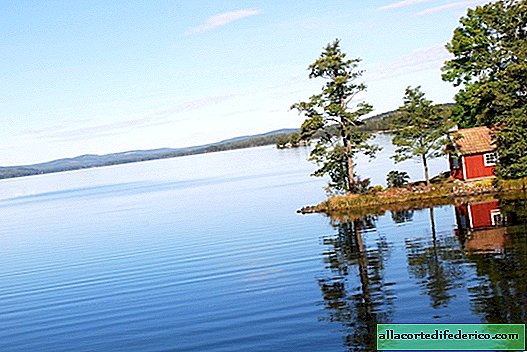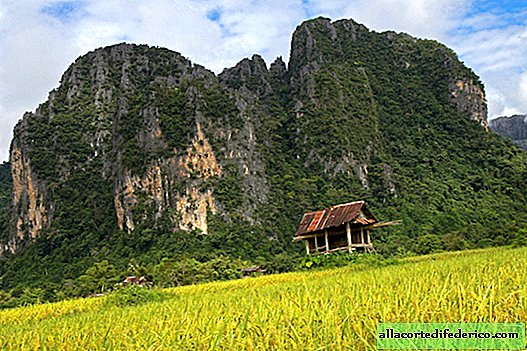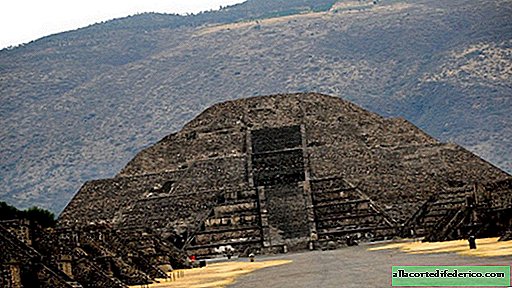There is hope: the battle of Russia and Mongolia over Lake Baikal goes international
In Soviet times, Mongolia was called the "sixteenth republic" - relations between the two countries were so warm and good-neighborly. Today, the Mongolian authorities are no longer so kind to the northern neighbor, and negotiations on the implementation of a project threatening Lake Baikal have almost reached an impasse.

Currently, Mongolia is an actively developing country with a growing population and great industrial potential in the mining industry. Further development of the economy requires appropriate energy resources. For this reason, in recent years, Mongolia has been actively developing and implementing a project to build a series of hydroelectric power stations on the Selenga River and its tributaries.
 Basin of the Selenga River - the main tributary of Lake Baikal
Basin of the Selenga River - the main tributary of Lake BaikalSelenga is the main tributary of Lake Baikal, which originates in the territory of neighboring Mongolia and provides more than 50% of the river flow into the lake. Already today, the lake, which is a UNESCO World Heritage Site, is experiencing the negative impact of wastewater entering the Mongolia along with the Selenga. But this is not the main threat emanating from the southern neighbor. The construction of a hydroelectric station in the Selenga river basin will lead to a significant decrease in the level of Lake Baikal, which, of course, will have serious consequences for a unique reservoir.

In 2016, Mongolia officially announced a tender for the construction of three hydroelectric power stations: on the Selenga itself and on its two tributaries. These will be the Shuren hydroelectric power station on the Selenga (245 MW capacity), the Orkhon hydroelectric power station on the right tributary - the Orkhon river (100 MW capacity) and the Aegiyn-gol hydroelectric power station on the eponymous river (315 MW capacity). These are quite large energy facilities. For comparison, the capacity of the Rybinsk hydroelectric station on the Volga is 350 MW.

In order to build and launch a hydroelectric power station, it is necessary to create a reservoir. To do this, build a dam and gradually fill it with river waters to a working level. This is precisely the main threat to the ecosystem of the unique lake: all the water that goes to fill the reservoirs will be lost forever for Lake Baikal. This is a tremendous amount, especially against the background of a decrease in the level of Baikal, which has been observed in recent decades.

Alarmed by this situation, Russia is trying to resolve the situation through international law and by appealing to the authorities of Mongolia itself. Russia has repeatedly offered Mongolia the supply of electricity at preferential rates in exchange for abandoning plans to build a hydroelectric power station. The Russian side voiced other options for the development of its own energy system of the republic: the construction of thermal and pumped storage stations. A special Russian-Mongolian working group was created on this issue.

In addition to bilateral negotiations, there are opportunities to resolve the problem with the help of international law. According to existing legislation, a public hearing is necessary at the initial stage of the project. Mongolia, contrary to these standards, has announced a tender for an EIA (environmental impact assessment). Thanks to the timely actions of Russian specialists, it was possible to suspend this process and to organize public hearings and further negotiations. Corresponding protests were also sent to credit organizations, through which Mongolia intends to finance the construction of environmentally hazardous facilities.

According to Russian experts, public hearings and an assessment of the estimated impact will take about 3 years. One can only hope that Russia during this time will be able to prove that the plans of Mongolia will seriously damage the ecology of the unique lake. And the international community, despite all the political differences, will not allow turning UNESCO's heritage into a zone of ecological disaster.


